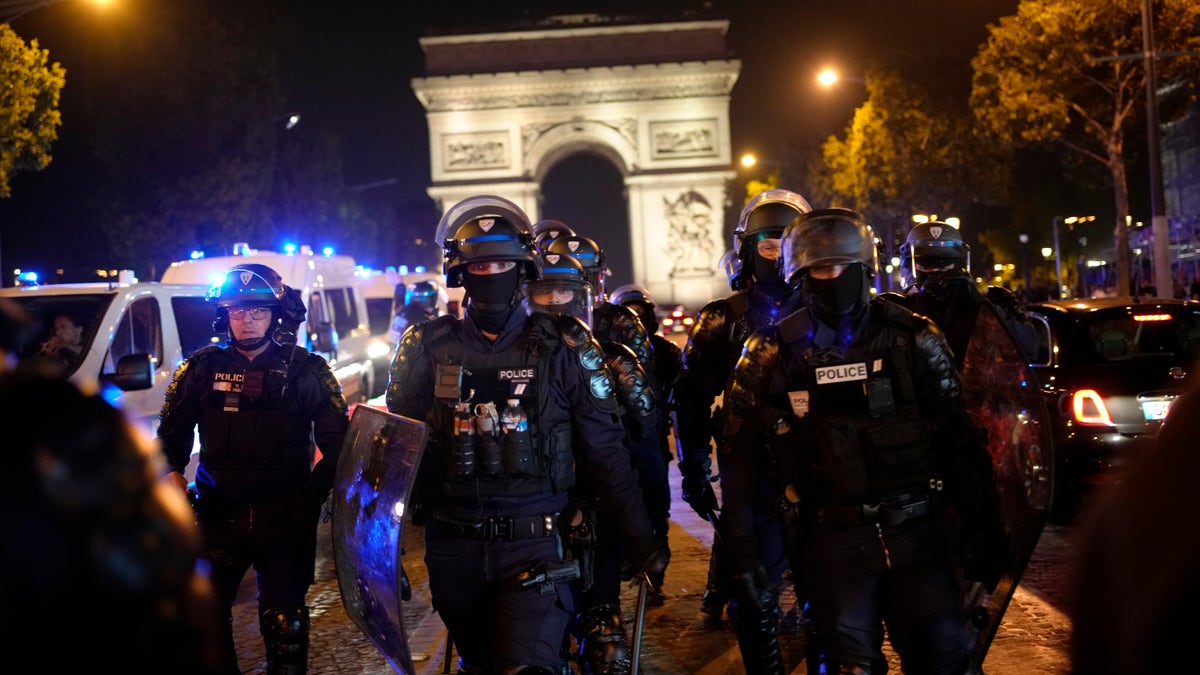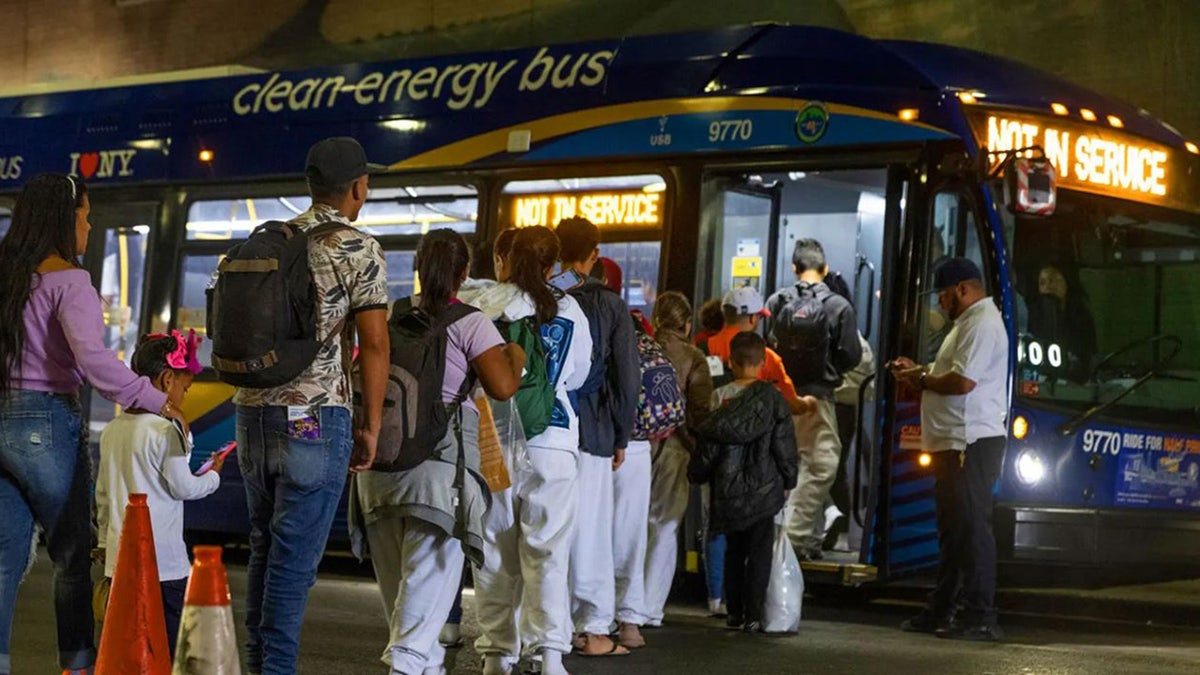Recent changes to Florida's African American history curriculum have ignited a firestorm of debate. The Florida Department of Education (DOE) unveiled the updated standards on Wednesday, prompting immediate criticism from the state's teachers union, the Florida Education Association (FEA), and other organizations. While the DOE maintains the standards offer a comprehensive view of African American history, opponents argue they omit crucial aspects of Florida's role in slavery and oppression, and even appear to minimize the suffering of enslaved people.
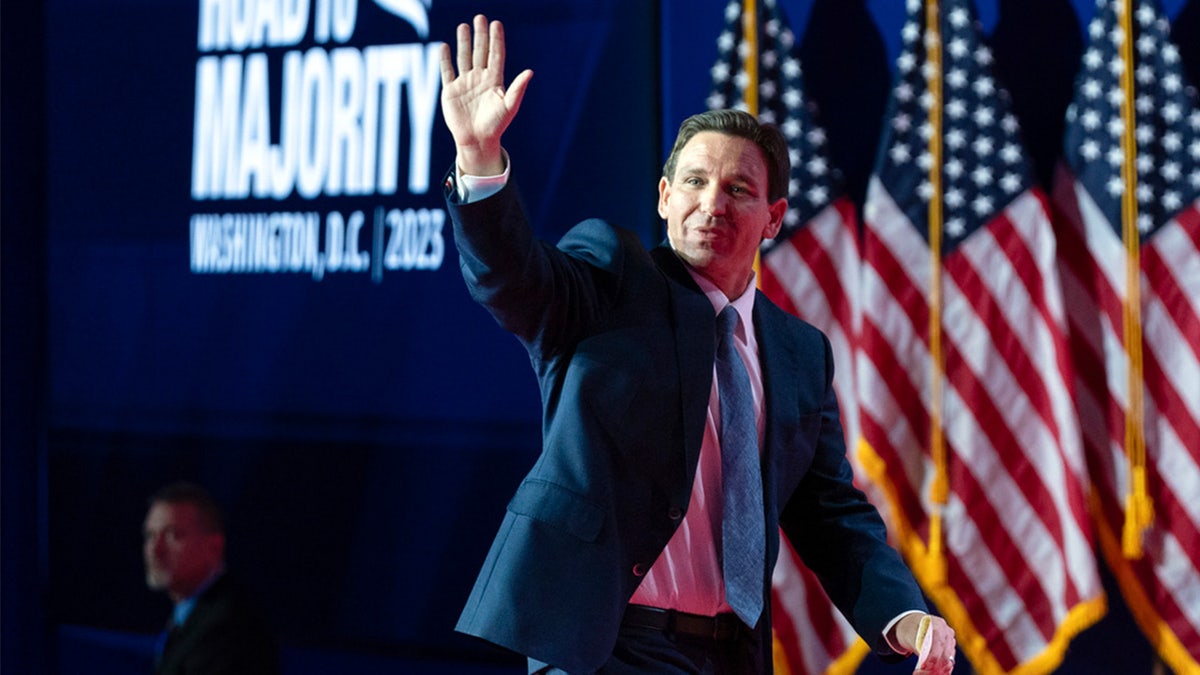
The FEA contends the standards represent a significant regression for the state, which has mandated the teaching of African American history since 1994. Among their specific concerns is the way the 1920 Ocoee Massacre, in which at least 30 African Americans were murdered for trying to exercise their right to vote, is presented. The FEA argues the curriculum seems to equate this horrific event with other acts of violence, potentially diminishing its significance. Another point of contention is a standard that suggests enslaved people benefited from slavery by acquiring valuable skills. The FEA argues this interpretation overlooks the brutal realities of forced labor and human trafficking.
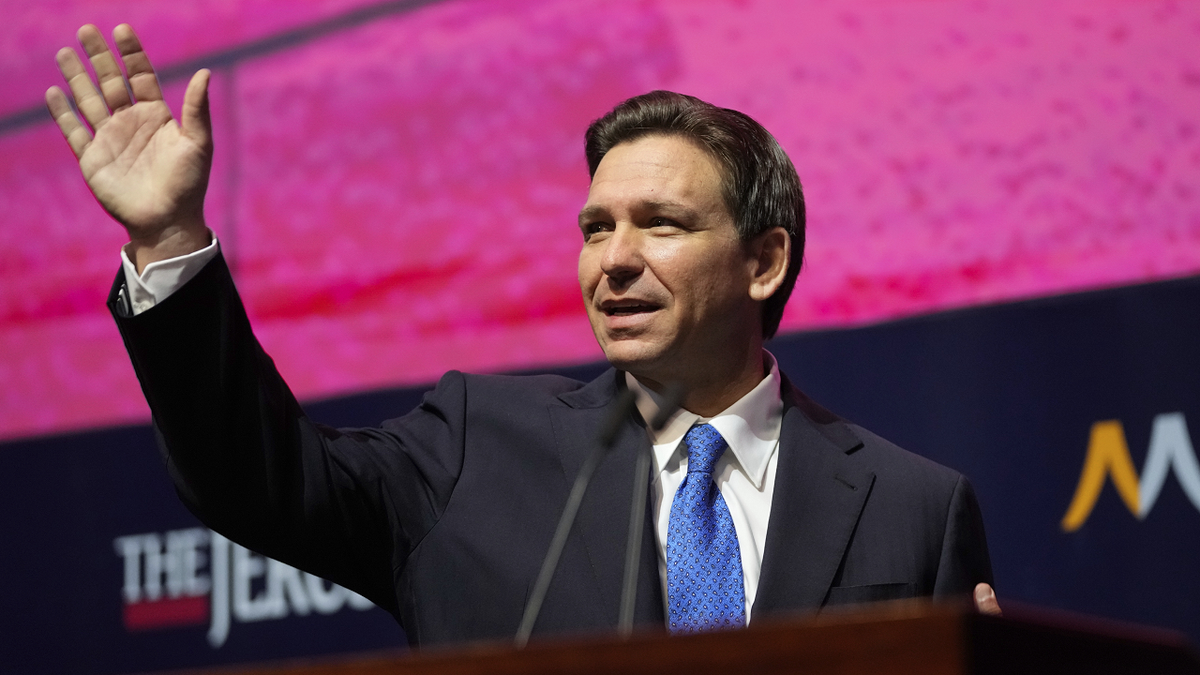
The DOE has countered these criticisms, emphasizing that the standards aim to present the full spectrum of African American history, "the good, the bad, and the ugly." They specifically addressed the controversy surrounding the slavery standard, explaining that it was intended to highlight the resilience and ingenuity of enslaved people who developed specialized skills. The DOE provided examples of historical figures who were skilled blacksmiths, shoemakers, and other tradespeople, arguing that acknowledging these accomplishments does not diminish the horrors of slavery but rather showcases the strength and agency of those who endured it.
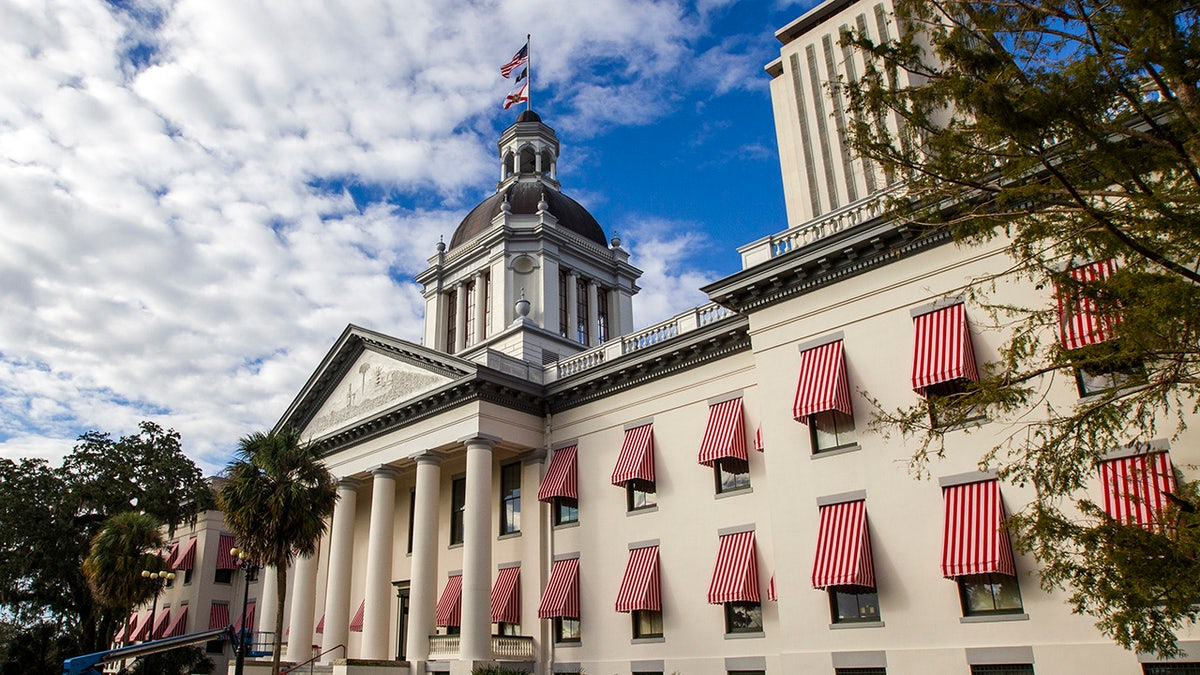
Despite the DOE's defense, the updated standards continue to draw criticism. The NAACP, along with several other organizations, has voiced its disapproval, characterizing the standards as a dangerous attempt to rewrite history and diminish the contributions and struggles of African Americans. This controversy unfolds against the backdrop of ongoing debates about the role of race and history in education, with Florida serving as a key battleground in this national conversation.


